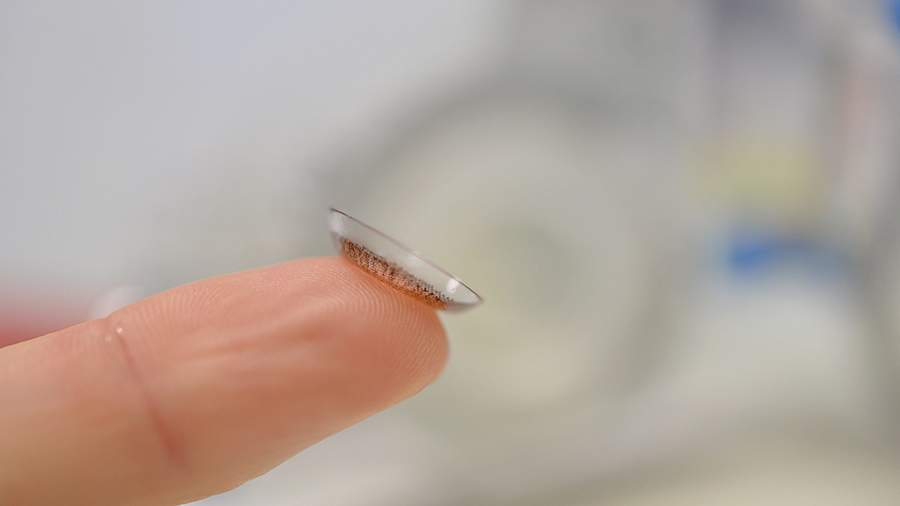Ophthalmologist told about contraindications to wearing contact lenses

Contact lenses are a popular and effective method of vision correction, which for many people is more preferable than wearing glasses. However, it is not suitable for everyone, as there are certain contraindications. Svetlana Mirgorodskaya, Candidate of Medical Sciences, ophthalmologist, microsurgeon of SM-Clinica, told Izvestia on January 22.
Thus, according to her, one of the main contraindications is inflammatory eye diseases, including conjunctivitis, keratitis, blepharitis. The doctor noted that lenses should not be worn until the inflammation is eliminated.
"It is also worth taking into account the anatomical features of the eye. For example, eyelid ptosis, strabismus of more than 15 [degrees], problems with the cornea, such as its flat or steep shape, and subluxation of the lens. Corneal pathologies such as keratoconus and corneal innervation problems are also contraindications to lens wear," the ophthalmologist added.
In addition, lenses are contraindicated for people with disorders of tear production, such as pronounced dry eye syndrome, increased tear production, dysfunction of meibomian glands. Common conditions for which lenses should not be worn include diabetes, asthma, tuberculosis, HIV, and mental disorders.
"It is recommended to refrain from wearing lenses during colds, such as acute respiratory infections and influenza, as well as during exacerbations of herpes infections and acute sinusitis. This also includes seasonal allergies and taking certain medications such as diuretics, steroids or vasoconstrictor drops. All these factors can aggravate dry eyes and worsen the condition of the cornea," the doctor added.
Mirgorodskaya emphasized that when choosing a method of vision correction and fitting contact lenses, it is important to take into account the peculiarities of the eye structure and possible risks of complications.
Earlier, on November 25, 2024, INVITRO North-West ophthalmologist Inna Varivoda told Izvestia that omega-3 fatty acids, lutein, zinc and vitamins A, C and E can help prevent such problems as yellow spot degeneration, cataracts, twilight vision and light perception disorders. She also noted that long periods of gadget screen viewing can lead to eye strain, distance focusing problem, dry eye syndrome, and head, back and shoulder girdle pain.
Переведено сервисом «Яндекс Переводчик»
